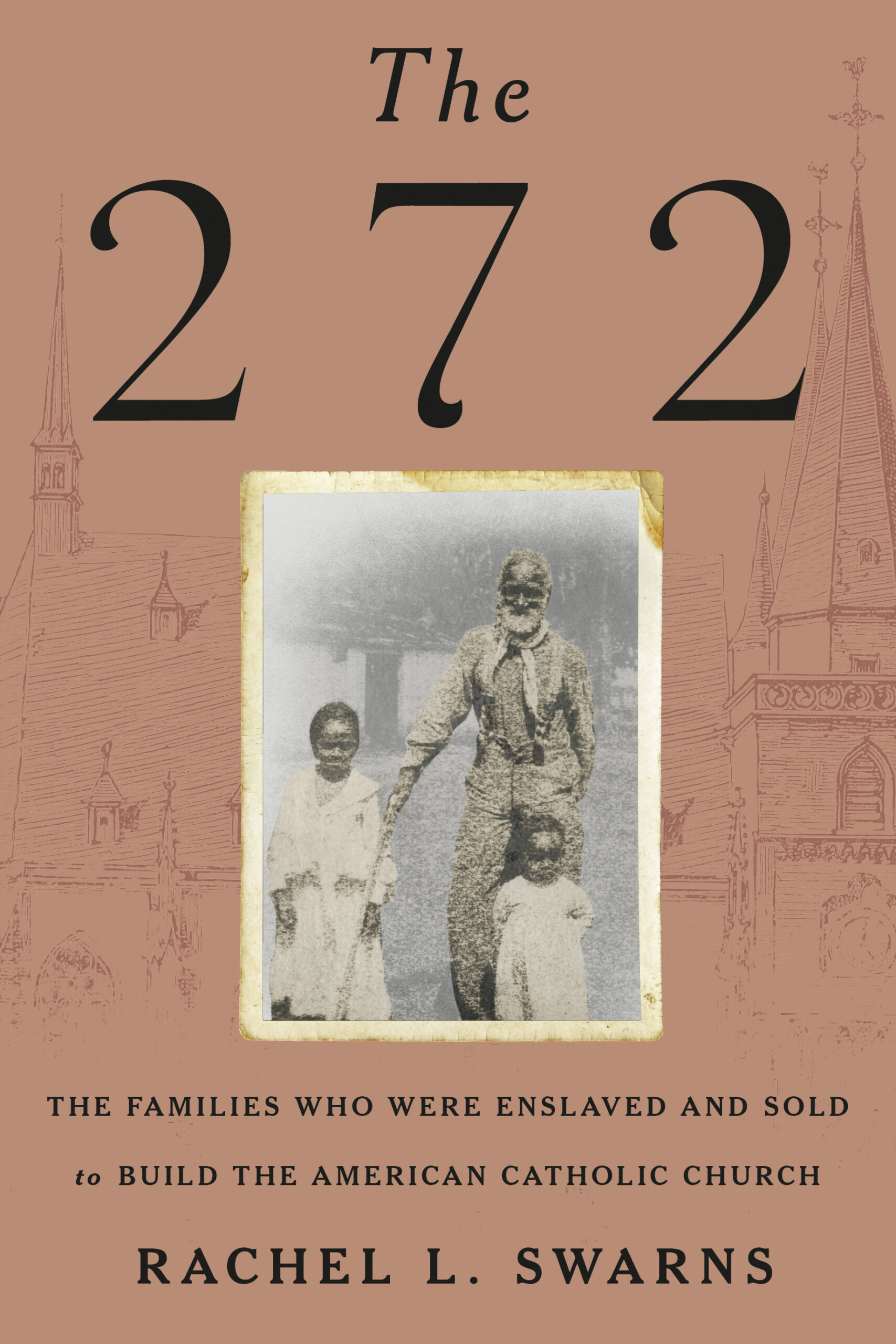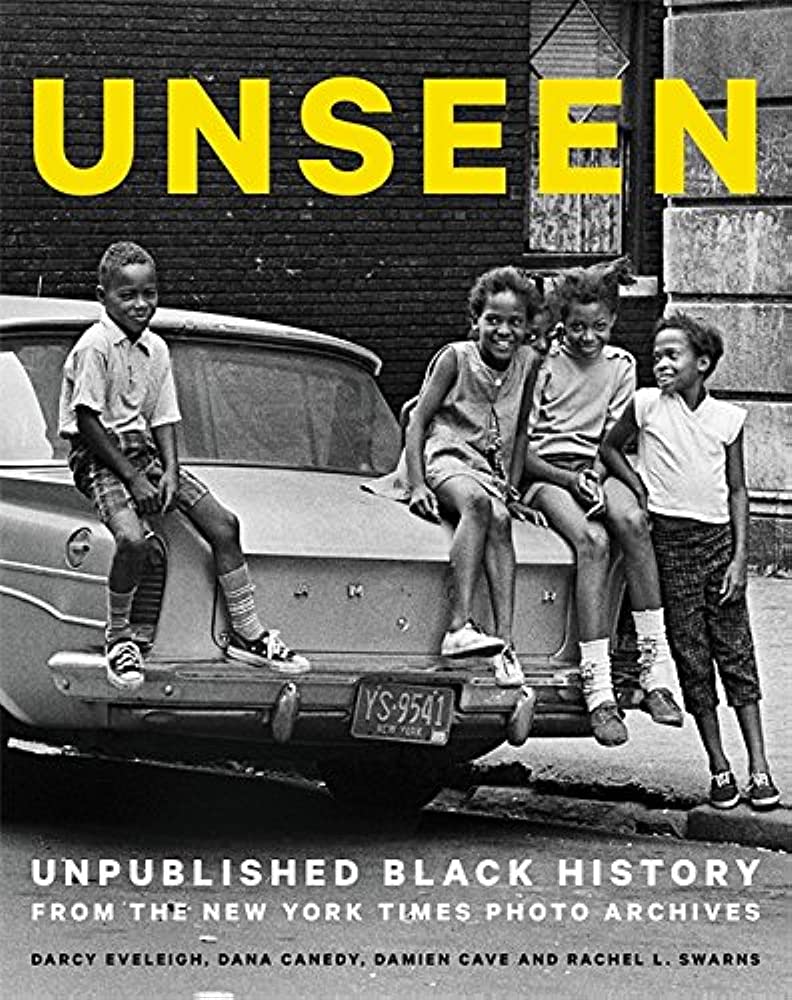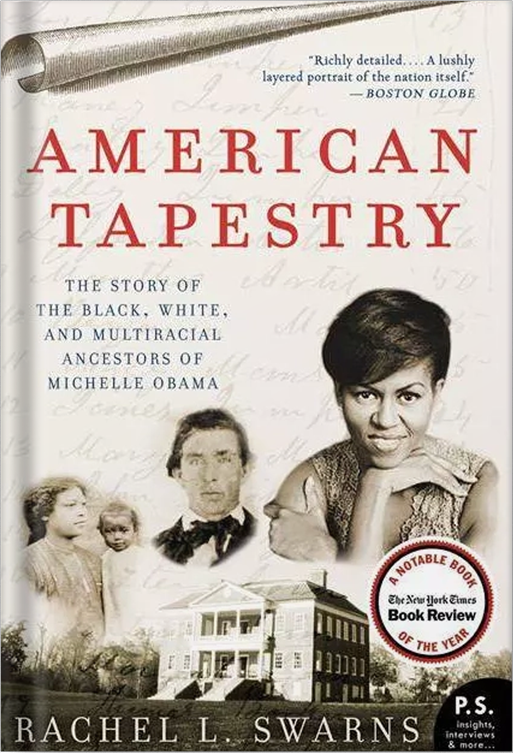
Rachel L. Swarns
Associate Professor | Director, Undergraduate Studies
Links: Website
Rachel L. Swarns is a journalist, author and associate professor of journalism at New York University, who writes about race and race relations as a contributing writer for The New York Times. Her articles about Georgetown University’s roots in slavery touched off a national conversation about American universities and their ties to this painful period of history. Her work has been recognized and supported by the National Endowment for the Humanities, the Ford Foundation, the Leon Levy Center for Biography, the Biographers International Organization, the MacDowell artist residency program and others. Her latest book, The 272: The Families Who Were Enslaved and Sold to build the American Catholic Church, was published by Random House. In 2023, she was elected to the Society of American Historians. In 2024, she was elected to the American Academy of Arts and Sciences.
At the Times, Swarns served as a full-time reporter and correspondent for 22 years. She has reported from Russia, Cuba, Guatemala and southern Africa, where she served as the Times’ Johannesburg bureau chief. She has covered immigration, presidential politics and Michelle Obama and her role in the Obama White House. She also served as a Metro columnist in New York City. As a senior writer for the paper, she helped to lead and innovate on coverage of issues of race and ethnicity.
In 2018, she joined NYU’s Arthur L. Carter Journalism Institute, where she focuses on American slavery and its contemporary legacies. At the Institute, she serves as the director of a new research initiative, “Hidden Legacies: Slavery, Race and the Making of 21st Century America,’’ which seeks to deepen Americans’ understanding of the connections between slavery and contemporary institutions, and to bring journalists, scholars, students and communities together to promote and produce research and reporting that illuminates the experiences of people of color in the United States.
Her latest book, The 272, emerged from her reporting at the Times and focuses on Georgetown and the Catholic Church and their roots in slavery. It was selected as a notable book of 2023 by the New York Times Book Review, the New Yorker, Time magazine, the Washington Post, the Chicago Public Library and Kirkus Reviews. The 272 won a 2024 American Book Award, a 2024 PROSE Award from the Association of American Publishers and was longlisted for the 2024 Andrew Carnegie Medal for Excellence in Nonfiction.
Swarns is also the author of American Tapestry: The Story of the Black, White and Multiracial Ancestors of Michelle Obama, published by Amistad/HarperCollins in 2012, which traces Mrs. Obama’s forbears from slavery to the White House in five generations. American Tapestry was ranked as one of the 100 Notable Books of 2012 by the New York Times Book Review and as one of the year’s best biographies by Booklist.
She is a co-author of Unseen: Unpublished Black History from the New York Times Photo Archives, published by Black Dog & Leventhal in 2017, which explores the history of hundreds of images that languished for decades in the Times archives.
Swarns also serves as an academic adviser to the African American Civil War Museum in Washington, D.C., which is launching an exhibit based on her book about Michelle Obama’s ancestors.
Photo by Lisa Guillard.
Published Articles & Essays






















